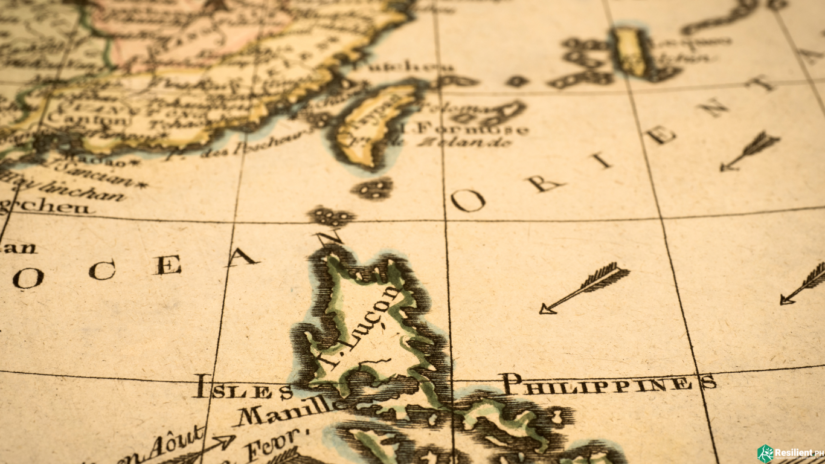In a significant move towards disaster resilience, Taiwan and the Philippines formalized their partnership by signing an MOU titled “Partnership on Landslide and Debris Flow Disaster Research.” The MOU, signed by Taiwanese Representative Wallace Chow and Filipino counterpart Silvestre Bello III, underscores the shared commitment to addressing natural disasters, especially landslides and debris flows.
The geographical proximity of both countries exposes them to similar natural calamities, such as typhoons, earthquakes, and landslides. This collaboration is particularly crucial following the devastating earthquake in Hualien County, Taiwan, highlighting the need for strengthened cooperation in disaster management.
The MOU sets the stage for joint research initiatives, focusing on investigation, monitoring, early warning systems, and remote sensing technology. These efforts aim to educate and empower communities to respond effectively to disasters, fostering resilience and creating more robust disaster management technology.
Bello emphasized that the MOU signifies a significant milestone in the Taiwan-Philippines relationship. It transcends national boundaries to address critical issues in disaster mitigation. The collaboration is expected to facilitate more comprehensive cooperation and knowledge exchange among experts from both countries.
The signing ceremony was part of a half-day workshop attended by experts from both nations to exchange techniques and share experiences on landslide and debris flow disasters. The collaboration encompasses various areas, including soil and water conservation technology, geological disaster research, climate change impact assessment, and the application of high technologies like big data and artificial intelligence in disaster management.
Moving forward, joint seminars, workshops, education, and training initiatives based on scientific research and technological innovation will be organized to enhance the ability of both countries to handle landslides and related disasters effectively. The MOU marks a significant step towards building a more resilient and prepared response to natural calamities in the region.


